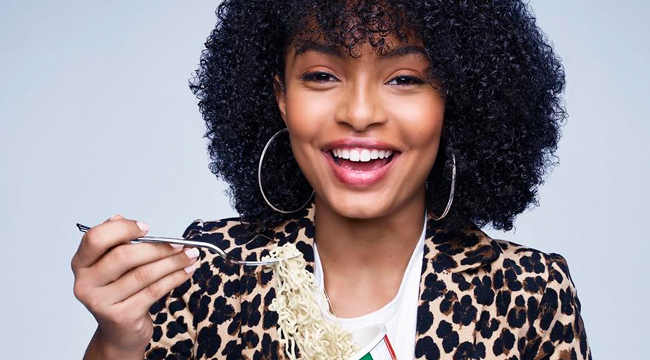
When choosing a character from a pre-existing series to build a spinoff around, there are usually two obvious choices:
1) Take the most popular/exciting/funny character who’s not the lead, and trust that they can carry a new show on their own;
or
2) Take the character who’s least directly tied to what everyone else is doing, and trust that they’ll work more credibly on their own than the more beloved second bananas.
The most successful example of the latter approach — and arguably the greatest pure spinoff ever made(*) — was Frasier. If someone were polling Cheers fans on their favorite supporting characters, Frasier Crane probably would rank in the middle of the pack at best. But he was also the character who most obviously had a life outside the bar (the Cheers writers had spent years shoehorning him into plots because Kelsey Grammer was just that good), and thus the one who could more easily relocate to a new city and have a new set of friends and family. Norm! might have been the more obvious choice, but was there a whole show in that guy?
(*) Not counting characters introduced in one show with the express purpose of spinning them off, like when Andy Griffith turned up to arrest Danny Thomas in an episode of Thomas’ sitcom.
Similarly, Yara Shahidi’s Zoey would probably be far down the list of black-ish regulars, if only because that show has such an embarrassment of comic riches, and Zoey’s position as the one who’s too cool for the rest of the Johnson family makes her more straight woman than joke machine herself. But her age, and the way she holds herself apart from her parents and siblings, also makes her an easy choice to build a new show around, which is how we get to grown-ish, debuting tonight at 8pm ET with back-to-back episodes on Freeform, chronicling Zoey’s new life as a SoCal college student.
The most obvious model is A Different World, which made a similar move with Lisa Bonet’s Denise Huxtable, but didn’t really find itself until after a pregnant Bonet returned to The Cosby Show a season later and a new creative team took over. In this case, black-ish boss Kenya Barris is pulling double duty with grown-ish, and there’s a more uniform tone between the two shows, albeit with a more adult vibe for grown-ish (I’ve seen the first three episodes), which casually treats sex, drinking, and drug use as obvious facts of campus life.
Barris and company have figured out ways to show former big fish in a small pond Zoey struggling with the move to a much bigger pond, but she’s still primarily there to react to other people being weird around her, which means she can’t carry an equivalent comedy load to TV dad Anthony Anderson. As a result, grown-ish is less consistently funny than its parent series, but it’s likable and smart, and has surrounded Shahidi with an appealing cast of new faces, plus one familiar one.
That last is Deon Cole as Dre’s idiot coworker Charlie, who has somehow talked his way into a second job teaching at Zoey’s school, allowing grown-ish to adopt both spinoff philosophies at once. Joke for joke, Charlie is probably the funniest black-ish character, but he’s such an utter cartoon that he couldn’t possibly be the lead on a new series. Instead, he does roughly the same gig as on the parent show, popping up for a few minutes an episode, saying a bunch of ridiculous things, and then ceding the floor to the more human-scale regulars. (And it’s a brief enough time commitment that Cole should be available to black-ish as needed.)
Charlie’s class brings Zoey together with her new circle of friends, which includes woke sophomore Aaron (Trevor Jackson); bisexual Nomi (Emily Arlook), whose uncle (Chris Parnell) is the dean of students; Drake wannabe Vivek (Jordan Buhat), who sells drugs to pay for his wardrobe; laid back-verging-on-comatose Luca (Luka Sabbat); and identical twin track stars Skyler and Jazlyn (Chloe and Halle Bailey), while later episodes bring in Francia Raisa as Ana.
It’s an appealing group, and grown-ish is at its best when it throws a bunch of them into a room at once to bounce off one another, like a pair of scenes in the third episode where the men and women separately debate the implications of the “u up” text and exactly how to define “hooking up.” Though the world and most of the characters are new, there’s a confidence that comes from Barris having spent years putting a diverse group of voices together to argue one point or another.
What grown-ish lacks, at least for now, is an equivalent of either of Zoey’s parents, who can not only seem winningly vulnerable as they debate the topic of the week, but who can also sell any joke the writers throw at them.
Logically, Zoey makes the most sense of any black-ish regular to get a spinoff. Sitcoms require more than just logic, but she’s off to a promising, if not uproarious start.
Alan Sepinwall may be reached at sepinwall@uproxx.com. He discusses television weekly on the TV Avalanche podcast. His new book, Breaking Bad 101, is on sale now.
